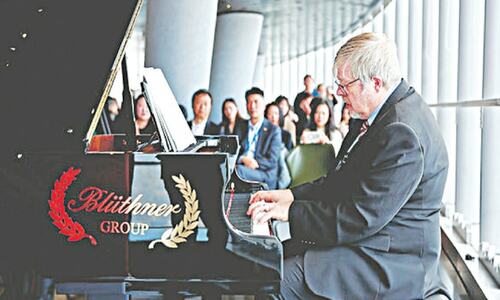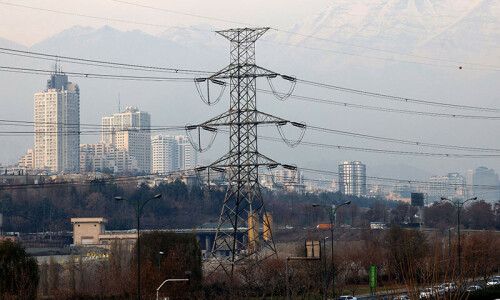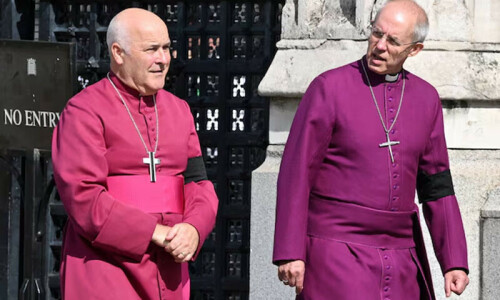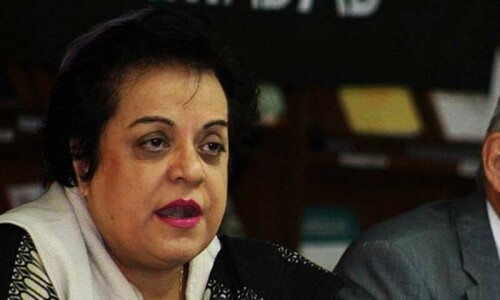BEIRUT: Lebanon’s presidential vacuum has entered its fourth month with no resolution in sight and growing fears that a deepening sectarian rift could stoke civil strife.
Arab leaders have stepped up efforts to bridge the divide between the Western-backed ruling coalition and the opposition supported by Syria and Iran but analysts said they do not hold out much hope of a deal ahead of an Arab summit next month.
The crisis has damaged relations between regional heavyweights Saudi Arabia and Syria which support the rival factions, and could put at risk the summit which is due to take place in Damascus on March 29-30.
Recent street clashes between supporters of rival factions have further raised tensions and prompted several Gulf nations and Western states to advise their citizens against travelling to Lebanon.
Saudi Foreign Minister Prince Saud al-Faisal even warned earlier this month that the country was “on the verge of civil war.” Lebanese political science professor Ghassan Azzi also warned of a “regional war looming on the horizon with Lebanon its arena”.
“Everything depends on what will happen in the Damascus summit. If nothing changes, Lebanon risks being without a president for many months and the scene of more and more violent confrontations,” Azzi said.
Lebanon has been without a president since Nov 24 when Damascus protege Emile Lahoud stepped down in the midst of the worst political crisis since the country’s 1975-1990 civil war.
The majority and the opposition have agreed in principle to elect army chief General Michel Sleiman to the presidency but are deadlocked over the make-up of a new government.
A parliamentary session to elect a new president on Tuesday was postponed until March 11 for the 15th time since September.
“It is not possible to strike a compromise now,” political analyst Michael Young said, blaming Syria for the stalemate. “Syria is not in a hurry to find a solution now.
“Syria’s tactic is to delay... then to offer a symbolic compromises before the summit to force the other side to go along with it. Afterwards, it will block the formation of a new government and the crisis will return to what it is today,” said Young.
“The Arab League initiative has failed,” said political analyst Mohammed Salam. “We have entered a new phase where we will see added pressure from the Arab states on Syria until the summit.”—AFP















































Dear visitor, the comments section is undergoing an overhaul and will return soon.